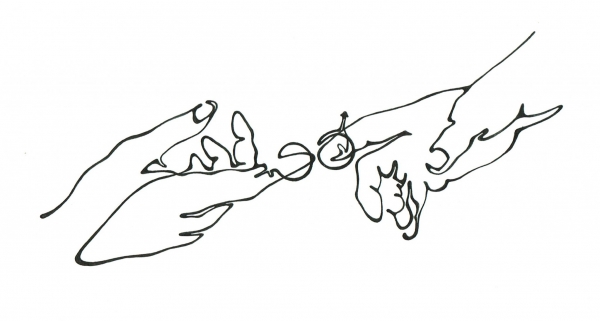“In Canada, better is always possible,” Prime Minister-designate Justin Trudeau boldly proclaimed to a room full of beaming supporters shortly after leading the Liberals to victory on Monday, Oct. 19, at the conclusion of one of the most predictable, ferocious, and drawn-out election campaigns in the country’s history. Trudeau pledges to instigate “real change,” and work towards a more progressive, dynamic, and united Canada. In a visible first step towards fulfilling said change, Trudeau announced that his cabinet, to be appointed on Nov. 4, will feature equal gender representation—a first in Canadian federal politics. While the possibility for women to have an equal voice in parliament evokes immense pride, these feelings are marred upon considering what the implementation of such a strict standard of equal gender representation will actually mean for Canada. Yes, women may be given the opportunity to have a more equal voice, but forcing it in terms of a quota cannot be the only way. Quotas have encouraged the criticism and questioning of the female voice in political bodies, thereby reducing gender equality to statistical rather than substantive progress.
A recent Status of Women Canada report ranks Canada 52nd in terms of female representation in parliament (for every female member of parliament, there are three who are male). According to the report, Canada is behind other parliamentary democracies, such as Australia and the United Kingdom, in terms of pay equity, support for childcare and parental leave, and strategies to prevent domestic violence. It is no coincidence that a lower representation of women in politics correlates with a lower level of support for women’s issues. The shortfall in these categories is felt by female politicians. Parliament must strive to reflect the authentic gender-makeup of society, in order for all concerns to be given the appropriate consideration and support. A gender quota in cabinet—Trudeau’s cabinet will be under 30 members—is not the most effective way to boost representation.
In politics, a quota refers to the enforcement of a minimum percentage for the representation of a certain group. Quotas are meant to help marginalized groups transcend the barriers that inhibit their involvement in the political sphere and in so doing entrench equal representation into political and cultural norms. In Canada, the 33 per cent female representation in the House of Commons look feeble in comparison to the fact that almost exactly 50 per cent of Canada’s population is female. Gender quotas can potentially inspire a new perception of the role of women in politics: By forcing higher female representation, there is the possibility to set a new norm.
Numbers are worth striving for, but are not necessarily indicative of a true shift towards a new era of gender equality. Canada’s intellectual, empowered, and dynamic women deserve a platform to exercise “real change” in parliament—a platform where achievements and qualifications will not be overshadowed by their sex. Trudeau’s promise of a gender-equal cabinet will provide ammunition to skeptics of females in politics, who will have the opportunity to attribute the women’s appointments to obligation. Criticism has already manifested in Canadian commentary, most notably with Andrew Coyne’s column that argued the “Liberals’ idea for gender quota leaves out the principle of merit.” Citizens may question Canada’s democratic system, and wonder whether the people sitting in some of the country’s most influential positions were selected based on their merit or their gender.
The Liberal caucus is filled with immensely qualified, powerful women, who all have the potential to provoke lasting and positive change; however, Chrystia Freeland’s impressive journalistic accomplishments, Karen McCrimmon’s commitment to the Canadian Forces, and Catherine McKenna’s work as a legal advisor for the United Nations, will all be unfairly overlooked. Reducing their experience in, for example, defense and justice, will come in second to their gender. Each female appointment will be seen as a contribution to Trudeau’s promised 50 per cent.
Trudeau has the right idea. “Real change” is a bold goal, and the promotion of higher female representation in parliament undoubtedly deserves to be on the top of his list towards attaining this goal. Although enforced gender representation is an effective way to begin shifting perceptions in favour of women in politics, Canada needs to eliminate gender discrimination and barriers—both social and physical—that prevent women from becoming involved in politics, such as limited childcare options. Women should be selected to fill influential cabinet positions because they deserve these roles, without any prior ‘announcement’ of equal representation, which only serves to further stigmatize women’s role in politics. The message that needs to be spread is one of equal ability and potential. Women deserve to be in office because of their unique skills and experiences as people, not just as women.









It’s worth pointing out that Cabinet ministers are almost never appointed based on merit. More often, it’s a matter of sorting out the “representational imperative” of making sure there are enough ministers from various regions of the country. Having a gender-balanced Cabinet is essentially an extension of this representational imperative, and for this reason it strikes me as odd that people have been up in arms about the idea of having less males in Cabinet. If anything, less talented men will be replaced with more talented women. At worst, the women chosen would be as poorly-qualified as the least-qualified male ministers have been. And that IS a real change.